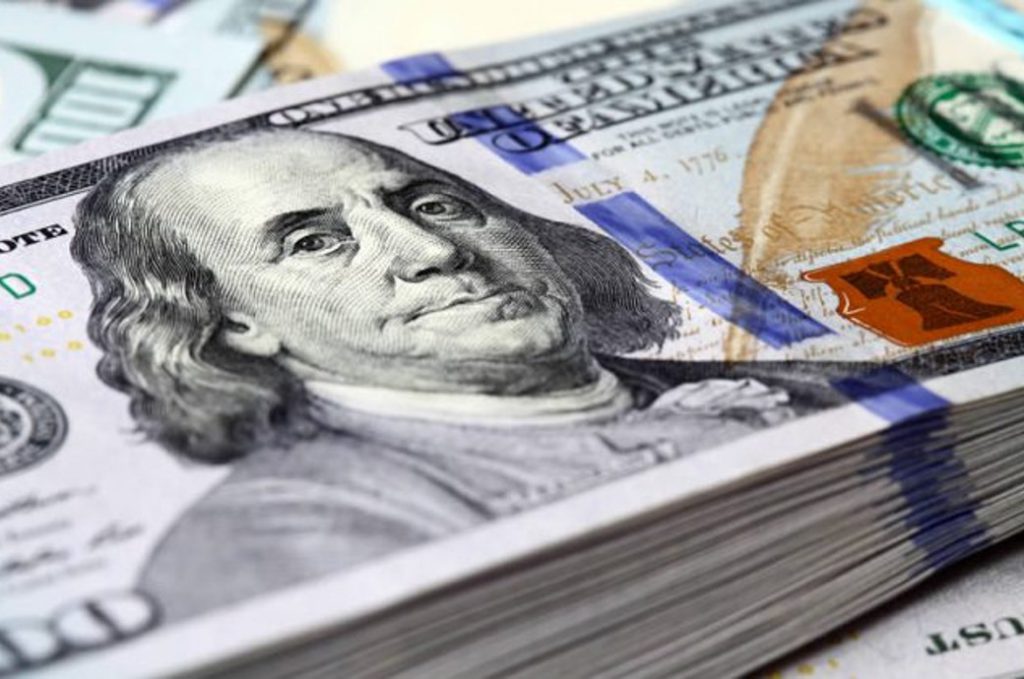As the BRICS economic alliance has created a world more multipolar than has been seen in some time, the US is currently in the midst of a recession, with debt threatening to drive it further into crisis. Indeed, experts and analysts have given their take on the potential lack of a soft landing for the Western nation.
Speaking to Fox Business, the Chief strategist of QI Research, Danielle DiMartino Booth discussed the country’s fragile state. Specifically, Booth noted a recession is already present while noting that declining job health and debt concerns will make things worse before they get better.


Also Read: 40 Countries Ready To Join BRICS in 2024
BRICS De-Dollarization Coincides with US Recession as Debt Concerns Grow
The BRICS economic alliance has been growing prominently over the last year. Indeed, it has enacted its first expansion since 2001, welcoming five additional nations. Moreover, it has only increased its de-dollarization initiatives in an effort to further establish contention from global south nations.
All of those BRICS activities may well be creating a perfect storm. Indeed, one expert says the US is already in recession, with increasing debt potentially driving further crisis. Indeed, Danielle DiMartino Booth discussed the United STates’ fragile economy, highlighted by decreasing job data.
US economic data shows that, although more jobs than expected were added in March, unemployment has increased. In February, that figure reached 1.7 million according to the Bureau of Labor Statistics.


Also Read: BRICS: Top US Banks Suffer Major Losses
Booth notes that employment issues are a massive part of the uncertainty within economic data. Specifically, they note that “every time companies report their earnings, they’re doing it with a kicker that says, ‘Hey, we’re going to lay off 2,00 people to 1,500 people or whatever it is.”
That has already put a drain on the economic fragility. However, increasing debt is an entirely separate issue of concern. $34.5 trillion in federal debt has resulted in the public sector “sucking the life out of the private sector,” Booth stated.
Booth added, “We have to spend less as a country to let the private sector really come out and drive the economy.” Yet, that’s become increasingly difficult with the dollar’s current questions. The inflationary concerns and debt issues are only compounded dollar worries. Specifically, international efforts to limit the usage of the greenback in trade.





